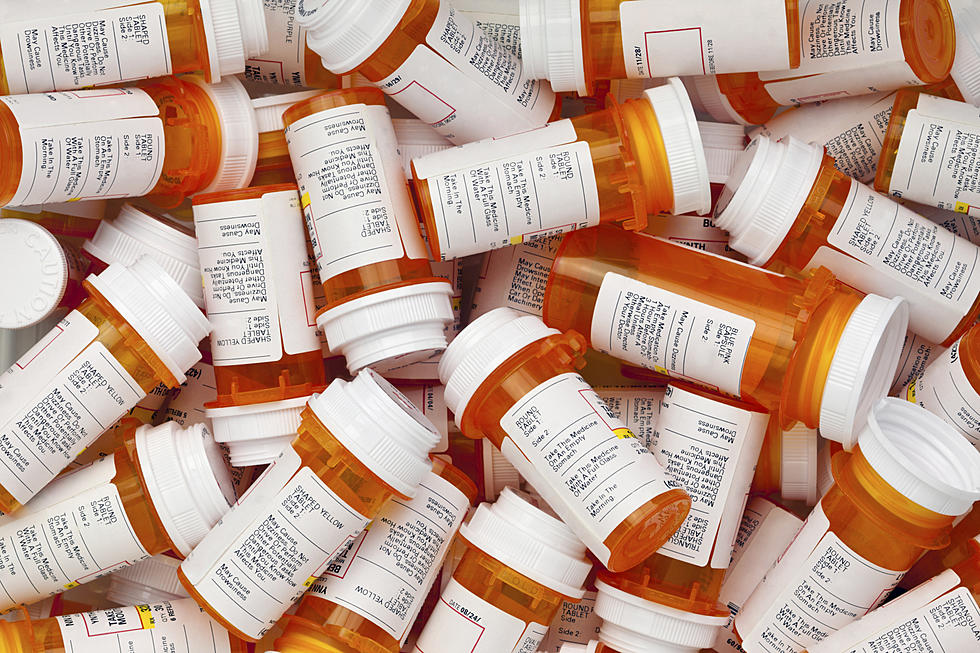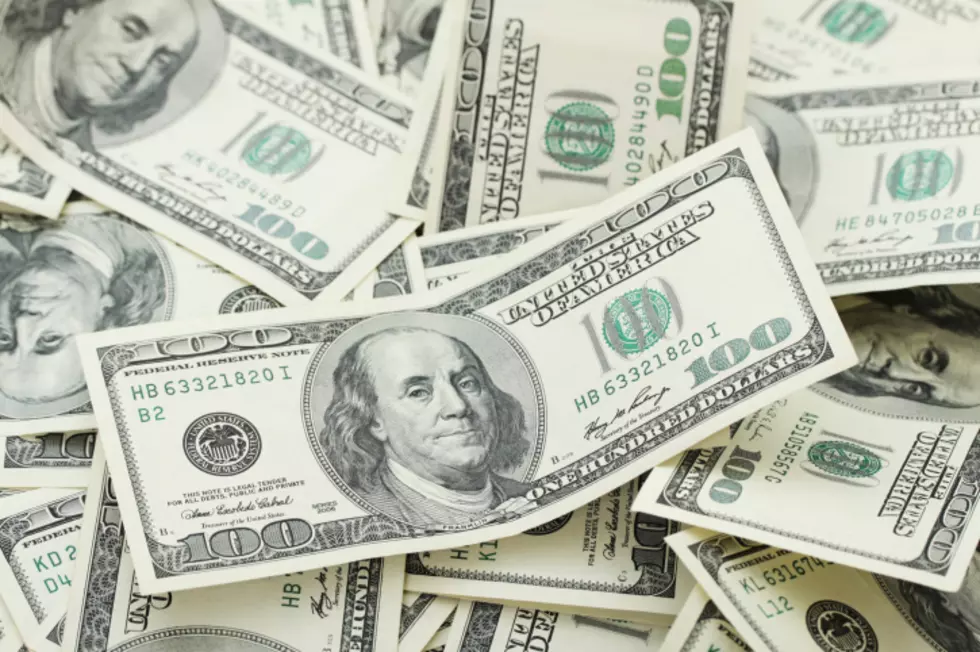
With new tool, NJ doctors are saving you money on prescriptions
You go to the doctor for what's ailing you. You receive a prescription for what should help and later visit the pharmacy to pick up the medication. The cashier rings it up and you're blown away by the price of the drug.
This sticker shock is quite common and one of the reasons doctor's offices receive follow-up calls from the pharmacy for as many as 20% of prescriptions written on a daily basis.
So to relieve some of the pain for both patients and themselves, a growing number of doctors are taking advantage of a new online tool made available through Horizon Blue Cross Blue Shield, New Jersey's largest health insurance company.
With the software from Gemini Health, which works with offices' electronic health records, participating doctors have access to real-time medication costs and the opportunity to see lower-cost alternatives their patients may be willing to take. Traditionally, prescribing doctors are not aware of the prices of the drugs they prescribe, or whether they're covered by a patient's insurance.
"We believe the real benefit to this tool will be to ensure that the patient or member has access to the medication they need," David Gambino, Horizon's chief pharmacy officer, told New Jersey 101.5. "If the member is not taking the medication prescribed for them because they can't afford it, then they're not getting the benefit of the medication."
According to Horizon, 40% of patients skip picking up a prescription if their out-of-pocket costs exceed $200. The Kaiser Family Foundation found that 29% of adults avoided taking prescription medications at some point in the past year because of the cost.
Doctors also see a benefit from the extra step, Horizon noted. Staff can avoid time consuming call-backs from the pharmacy when patients are looking to substitute for a lower cost alternative. The system also alerts doctors when a particular drug requires prior authorization; that information typically only surfaces when a patient attempts to pick up their medication.
The tool launched in the middle of March. About 18% of providers in the state have access to it, and that figure is expected to jump to about 25% by the end of 2019.
"The prescriber's health records need to be at a certain in order to be able to use the tool," Gambino explained. "We expect that this will be about a three-year journey to get most, if not all the providers in the state of New Jersey up on this tool."
More from New Jersey 101.5:
Contact reporter Dino Flammia at dino.flammia@townsquaremedia.com.
More From New Jersey 101.5 FM









